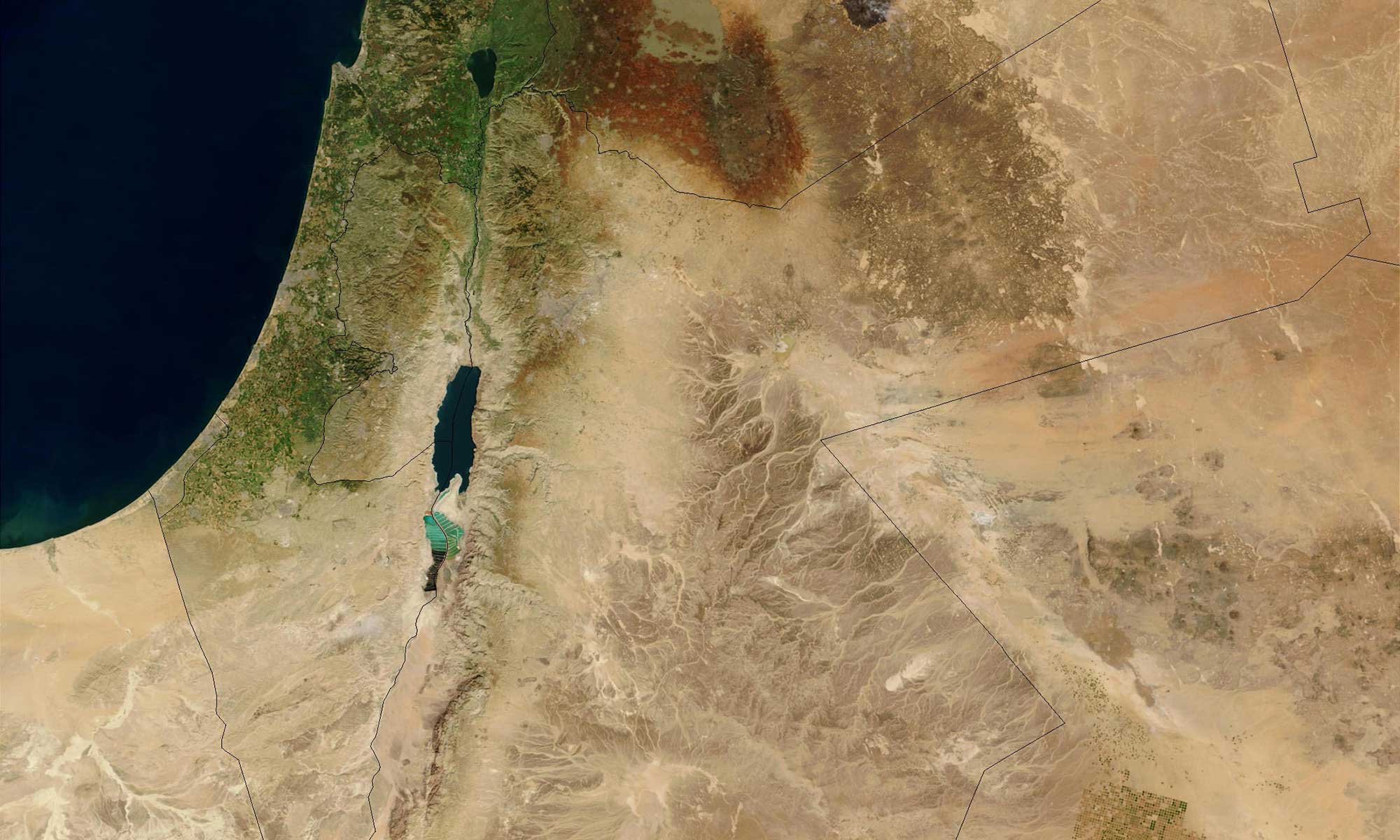During March and April 2017, with their minute on the US Role in Israel-Palestine, Friends Meeting at Cambridge (FMC) members, who had participated in the minute-writing process, visited local meetings in Salem Quarterly Meeting. The Quarterly Meeting heard FMC’s minute at its October 2016 meeting and sent the minute back to local meetings for their consideration.
Minga Claggett-Borne, Skip Schiel, Ian Harrington, and Jonathan Vogel-Borne made arrangements to meet with most of the meetings in Quarter.
At its April 23, 2017 Salem Quarterly Meeting united on a shortened, revised statement, presented by the four Cambridge Friends. In addition to the Salem Quarterly Meeting The FMC group would like to share some of its findings:
Background and findings from circulating Friends Meeting at Cambridge’s statement on the U.S. Role in the Israeli-Palestinian conflict among local meetings in Salem Quarterly Meeting
Background
Beginning in late 2014, Friends meeting at Cambridge (FMC) struggled for 14 months to write a minute about the role of the United States in the Palestinian-Israeli conflict. Seeking multiple voices from our large meeting, eventually a total of more than 100 of us met monthly in discernment and worship to finally craft that minute. In the context of ongoing, decades-long despair and fear about the conflict—then ignited in the summer of 2014 by the cataclysmic carnage in Gaza—we asked, what could Quakers say and do about this vexing problem?
At its October 2016 meeting, Salem Quarterly Meeting (SQM) considered our minute, “Friends Meeting at Cambridge (Quaker) Statement on U.S. Role in Israel/Palestine.” Friends present spoke strongly, even passionately on many sides of this concern. We agreed to consider it further. The SQM clerk, James Grey, sent a message asking all monthly meetings in SQM to consider the minute, and, more importantly, to consider the concern we all have for a just peace in the Middle East.
Subsequently in March and April 2017, four of us from Friends Meeting at Cambridge — Minga Claggett-Borne, Ian Harrington, Skip Schiel, and Jonathan Vogel-Borne — visited six meetings in the quarter. We asked for further discernment of the minute and received much useful feedback (see below).
We would also like to note work done in other Friends groups:
- New England Yearly Meeting Israel-Palestine Working Group (neym-ip.org)
- Quaker Palestine Israel Network, QPIN (qpinblog.wordpress.com)
- Palestine Israel Action Group, PIAG, at Ann Arbor meeting (quakerpi.org/Q-Action.shtml)
- Statements by the American Friends Service Committee, AFSC (afsc.org/office/palestine)
- Britain Yearly Meeting’s 2014 statement
Findings about the minute from discussions among meetings in Salem Quarterly Meeting:
- Title change: “U.S. Role and its Impact in the Israel/Palestine Conflict”
- Add peace testimony link (http://www.quakerinfo.org/quakerism/peace).
- Update the reason for the minute on continued violence in Gaza/ Palestine and Israel.
- Note that U.S. foreign policy has a large impact due to military supplies and training.
- Many injustices need to be mentioned in a Quaker minute such as settlements, assassinations, and walls. Address persecution and escalation of it.
- Please also mention Boycott, Divestment, and Sanctions (BDS).
- Continue diplomatic efforts with all parties and remain in dialogue even especially with those who have acted violently on all sides.
- Bring concrete skills to local communities around conflict resolution, compassion, mindfulness.
- Make U.S. military aid and selling weapons to the entire Middle East contingent on compliance with the U.S. Arms Export Control Act of 1976.
- Add onto the idea of the U.S. joining the international court system to leverage its jurisdiction to bring justice to territories where there is none.
- Change the phrase of knitting together the land of Israel/Palestine.
- One Friend said, “I would leave out the line about how the United States has consistently vetoed resolutions. This was true when the minute was approved but no longer is. I would omit the line ‘Cease sending aid’.”
- Support for Reconciliation/Early Recovery Initiatives including United Nations Development Program’s Crisis Prevention and Recovery
- Among the organizations, add Jewish Voices for Peace.
- Among the organizations, drop AFSC, which has been anti-Israeli for a half a century. Consider adding J Street—they try to be even-handed.
Substantial Issues that need more consideration among Friends:
- The new U.S. administration is considering adopting Israeli tactics for dealing with our neighboring countries here in the U.S., including the use of assassination, enhanced interrogation techniques, and most recently, the proposal to build a great wall. This is a dangerous and serious situation. Worldwide, there’s a growing tolerance of many regimes for killing civilians. Examples range from Israeli incursions in Gaza in 2014, to the current U.S. backed Saudi bombing campaigns in Yemen, to the Assad regime barrel bombs and Russian bombing raids that target hospitals and civilian population centers—all examples of how U.S. aid is going to countries that use weapons against civilians.
- We discussed Quakers and anti-Semitism. How much does the anti-Semitism of our culture play into our support of Palestine?
- We in NEYM need more awareness about how the White Anglo-Saxon Protestant (WASP) culture permeates our Quaker manners and institutions. One Friend wrote a reflection:
“Ethnic and spiritual identity play a most significant role here. I believe we can understand this area brings forward extreme vulnerability for those whose spiritual or ethnic identity is closely linked with either Israel or Palestine. We should recognize that much of New England’s Quaker legacy is not only White, but almost entirely Anglo Saxon. We hale from very WASP roots, religiously, culturally and ethnically. How we conduct our worship, some may interpret, as the epitome WASP: Silent. Our striving toward measured and cerebral discussion, cool, free of emotional outbursts of either extreme joy or rage. Some of us don’t come from this background, it can be quite a challenge fitting in. This maybe especially true when the discussion cuts into the very heart of our ethnic heritage and identity such as discussion about Jews and Arabs.”

